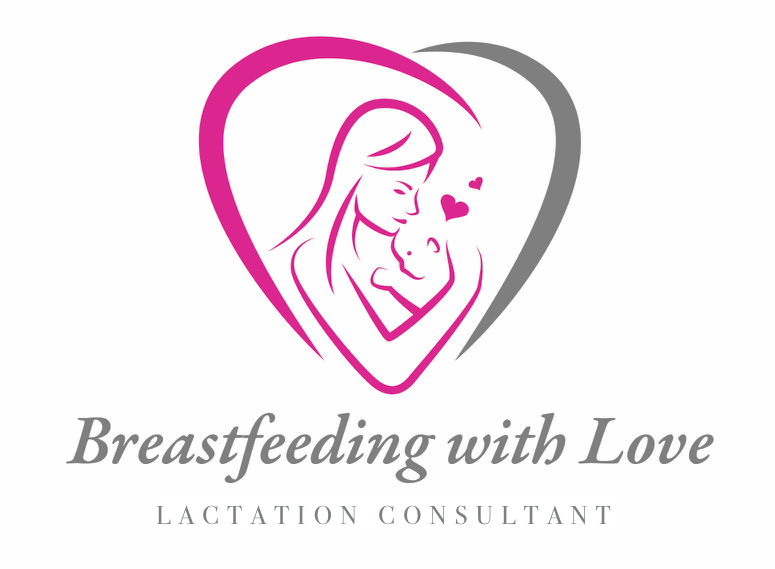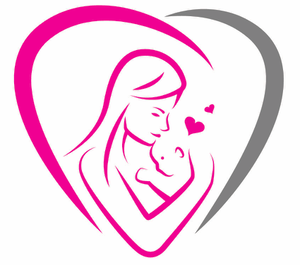What Foods Should I Eat While Breastfeeding?
Breastfeeding is an important time to eat well for both the mother and her baby. It is important for moms to eat a healthy diet because the foods she consumes gets passed down to her baby. In fact, breast milk provides the energy, fluids, and nutrients that your baby needs. Furthermore, while breastfeeding, moms need to watch what they are eating.Moms should not try to diet while she is breastfeeding because a mom actually needs more calories than she did while she was pregnant. Eating well while breastfeeding is the best nutritional gift you can give your baby and helps moms maintain good nutritional balance as well. You can eat a wide variety of foods, however, if your baby becomes cranky or colicky, breastfeeding moms can make a real difference if they adjust their diet. Stay away from spicy foods such as certain spices, including cinnamon, garlic, pepper, and chili. Additionally, you should avoid certain types of vegetables that may make your baby more gassy such as cabbage, cauliflower, broccoli, garlic, and cucumber. Just eat a little of each and not a lot. That should be fine. Iron rich foods are good to eat such as beans, dried fruits, leafy greens, nuts, meat, and chicken. But again, eat beans and nuts in small quantities. Some babies are allergic to dairy products, therefore, lactose-free products can be substituted for the mom, which are a good source of calcium.Other foods that contain calcium are milk and other dairy products, canned fish, calcium fortified foods like cereals, juices, soy and rice beverages and bread. In addition Vitamin, D is important to make sure you have daily for bone growth and overall good health in your daily diet. Eating fish is good for your heart. However, limit fish high in mercury. Both the U.S. Food and Drug Administration (FDA) and the Environmental Protection Agency (EPA) has said that breastfeeding moms should not eat these fish which include: shark, swordfish, king mackerel and tilefish, which are high in mercury. Other types of fish can be eaten in moderation, no more than two portions a week, twelve ounces.Fish contains omega- 3 fatty acids, which are good for infant brain and eye development, so a mom should eat fish while breastfeeding. Some babies have a hard time with the following fruits: kiwi, lemons, pineapple, strawberries, prunes, cherries, oranges and grapefruits. After you eat these, see how you babily reacts. If the baby breaks out in a rash or is more irritable, consult your pediatrician for further advice. Don't drink too much coffee in one day. One or two cups of coffee a day is fine. You baby will have a hard time to sleep of you drink more. Also, limit your intake of alcoholic beverages to one glass a day, after you breastfeed your baby so the alcohol has time to work through your body. Most moms eat food according to their cultural tastes. Some babies are sensitive to the foods their moms eat, so just be aware of what you are eating and how your baby feels. Remember, a healthy diet consists of good proteins, fats, and carbohydrates.Moms need a high fiber, complex carbohydrates such as fruits, vegetables, and whole grains. Lean meats, soy, beans, legumes, eggs and dairy products are a good source of protein. However, some babies do react to some of these foods, so just watch and see if it agrees with your baby. Unsaturated fats, such as olive oil and canola oil, like peanut butter, avocados, walnuts, and almonds are good to eat too. Keep a journal of foods you eat and your baby's behavior if necessary to show the pediatrician. Eat 5 to 9 servings of fruit and vegetables a day. Remember to wash all your fruits and vegetables well. Foods that contain Vitamin A such as sweet potatoes, carrots, dried apricots, mozzarella cheese and spinach, are good while breastfeeding although some moms may be allergic to dried apricots which have sulfur in them. If you or your baby breakout, consult your doctor immediately. Start with a light exercise program after six weeks of giving birth together with a healthy diet plan for breastfeeding moms.Make sure you stay hydrated, drink at least eight, 8-ounce glasses of water to quench your thirst. In conclusion, talk to your doctor before omitting any foods from your diet. Your doctor may send you to a nutritionist for further advice if needed. Remember, if mom is on a healthy diet, her baby will be well nourished and thrive. So, to all the moms who are reading this, love yourself and take care of your body because your baby depends on it. Eat a variety of foods from all the food categories to keep a well-balanced diet for your baby.In rare occasions, your baby may show signs of an allergic reaction to foods that you eat. So, always check with your pediatrician when in doubt. Together you can make a plan for your baby's future and health.

